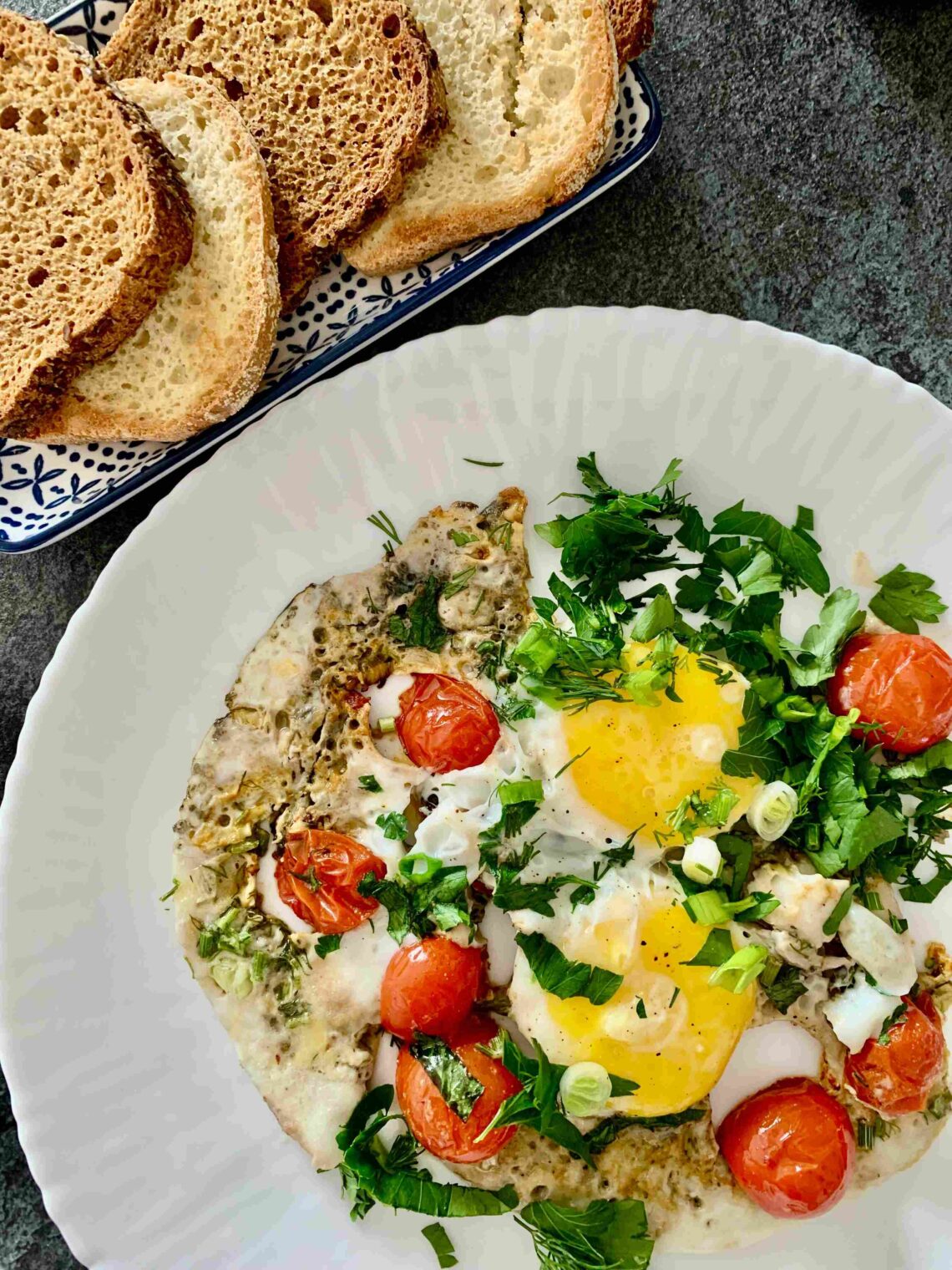Keywords: how food affects emotions, food and mood connection, gut-brain axis, emotional eating, mood-boosting foods, serotonin foods, mental health diet
We’ve all had those days, when a warm bowl of Maggi feels like therapy, or a chocolate bar suddenly feels like the only person who understands us. But ever wondered how food affects your emotions? Why do certain meals comfort us, while others leave us feeling anxious, sluggish, or just meh?
Welcome to the deliciously complex world of the food and mood connection—where your plate can be both your fuel and your therapist. This isn’t about crash diets or calorie counting. It’s about understanding the psychological and nutritional link between food and mental health.
Let’s dive into the science, psychology, and soul of it all—and learn how to feel better, one bite at a time.
🧠Your Gut Is Your Second Brain
This isn’t just a poetic metaphor—it’s a biological truth.
Your gut contains over 100 million neurons, earning it the nickname “second brain.” This vast network, known as the enteric nervous system, communicates constantly with your central nervous system through what’s called the gut-brain axis.
Why does this matter for your mental health?
Around 90% of your body’s serotonin—the key hormone that stabilizes mood—is produced in the gut, not the brain. Harvard Health Publishing confirms that a healthy gut is critical to maintaining emotional well-being.
If your gut is out of balance, chances are your emotions will be too.
🥦Nutrients That Nurture Your Mood
Every bite you eat sends a signal to your brain. Some foods boost emotional health, while others deplete it. Here are key nutrients proven to affect mood and mental clarity:
1. Omega-3 Fatty Acids
Found in: Fish (salmon, sardines), walnuts, chia seeds
Why they matter: Omega-3s reduce brain inflammation and improve neurotransmitter function. According to a study, they’re associated with reduced depression and anxiety.
2. Complex Carbohydrates
Found in: Whole grains, oats, quinoa
These help regulate serotonin levels and maintain stable blood sugar, which supports balanced energy and mood.
3. B Vitamins (B6, B9, B12)
Found in: Leafy greens, eggs, legumes
Essential for mental alertness and emotional regulation. Deficiency in B vitamins has been linked with irritability, fatigue, and low mood.
4. Magnesium
Found in: Dark chocolate, spinach, almonds
Magnesium supports the nervous system and has a calming effect. It also helps reduce stress hormone levels.
5. Tryptophan
Found in: Milk, nuts, seeds, turkey
It’s a precursor to serotonin. Foods rich in tryptophan can help with better sleep and mood regulation.
😵💫Sugar Rush, Mood Crash
Refined sugar is one of the most emotionally deceptive foods out there.
After the temporary high comes a sudden crash, leading to irritability, fatigue, and sometimes even sadness. Studies from the NIH show that excessive sugar consumption can increase the risk of depression and anxiety.
The key is not total elimination—but mindful moderation. Opt for natural sugars (like fruits or jaggery) instead of ultra-processed snacks.
😰Anxiety on a Plate?
Here are a few foods and drinks that might be increasing your anxiety without you realizing it:
❌ Processed Foods
Chips, frozen meals, and packaged snacks are often high in trans fats and additives that disrupt gut health and contribute to mood swings.
❌ Too Much Caffeine
A coffee or two is fine. But high doses can cause jitters, palpitations, and panic-like symptoms.
❌ Alcohol
Despite its short-term numbing effect, alcohol is a central nervous system depressant. It can interfere with sleep, increase anxiety, and worsen depression.
For more science-backed insight, check this guide by Mental Health Foundation UK.
🌈 The Comfort Food Illusion
Comfort food is real—but its comfort comes with conditions.
Foods like hot khichdi, creamy soup, or mom’s rajma chawal tap into emotional memory. They connect with the limbic system in your brain, which stores feelings and nostalgia.
But emotional comfort is different from emotional escape. Ask yourself:
Am I truly hungry or am I emotionally exhausted?
When food becomes your only emotional outlet, it can lead to emotional eating patterns and deeper issues.
🤔 Emotional Eating vs Mindful Eating
Recognizing the difference can be transformative.
Emotional Eating:
- Triggered by stress, sadness, or boredom
- Urgent, often mindless
- Followed by guilt or emotional hangover
Mindful Eating:
- Grounded in present awareness
- Involves savoring, noticing, pausing
- Builds a positive relationship with food and body
Mindful eating is strongly associated with improved self-esteem and reduced anxiety, as shown in this research.
🧃 Mood Swings and Skipping Meals
Skipping meals—especially breakfast—can trigger a blood sugar rollercoaster.
This may lead to:
- Low energy
- Foggy thinking
- Anger or irritability (“hanger”)
- Impulsive eating later in the day
Eating balanced, small meals every 3–4 hours can help regulate emotional responses and support focus.
💩Gut Health = Mental Health
Yes, your poop says a lot about your feelings—because your gut microbiome is deeply connected to brain health.
Signs your gut may be affecting your mood:
- Frequent bloating
- Food intolerances
- Unexplained fatigue
- Constipation or loose motions
Adding probiotics (like curd, kombucha, kanji, or kefir) and prebiotics (like garlic, oats, and bananas) can help restore healthy gut bacteria. A thriving microbiome produces more mood-boosting neurotransmitters.
You can explore more at Johns Hopkins Medicine.
Everyday Emotional Eating Tweaks
Try these practical food swaps for better mental well-being:
| Mood | Instead of | Try |
|---|---|---|
| Stressed | Fried chips | Roasted makhana with herbs |
| Low energy | Sugary soda | Coconut water or lemon water |
| Sad | Excess caffeine | Warm turmeric milk with nutmeg |
| Cravings | Milk chocolate | 70% dark chocolate |
| Bored | Random snacking | Hummus with cucumber or carrots |
💌 Final Thoughts: Eat What Heals, Not Hides
Food is emotional. It carries memories, beliefs, family traditions, and yes, sometimes coping mechanisms.
But if we shift from auto-pilot eating to awareness-based nourishment, our food can truly become medicine. Not in a rigid or rule-based way, but in a healing, human way.
So next time your heart feels heavy and your hand reaches for a packet of biscuits, take a pause.
Maybe what you really need is:
- A warm meal
- A deep breath
- A walk in fresh air
- Or someone to talk to
Let food comfort, not cover up your emotions.
💬 Join the Conversation
What’s your go-to comfort food? Have you ever noticed how your meals change your mood? Comment below or DM me your thoughts—I’d love to hear your food story.
🔎 Bonus: Mood-Boosting Food Checklist (Free Download!)
Drop your email here to get a printable guide on “10 Foods to Eat for Better Mood and Energy.”






